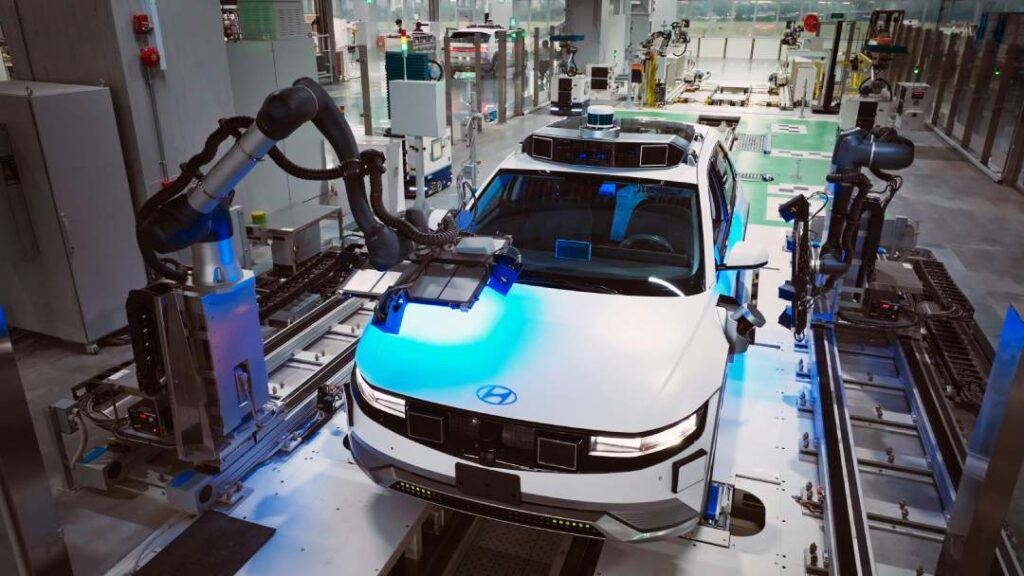The policy mandates a minimum investment of ₹4150 crore ($500 million) with no upper limit on investment. Under this policy, companies are required to establish their manufacturing facilities in India within three years and start commercial production of EVs.
The Indian government has approved a new Electric Vehicle (EV) policy to encourage electric vehicle manufacturing within the country. The policy mandates a minimum investment of ₹4150 crore ($500 million) with no upper limit on investment. Under this policy, companies are required to establish their manufacturing facilities in India within three years and start commercial production of EVs.
The companies are required to ensure that at least 25% of the components used in manufacturing are procured domestically. Companies that meet these requirements will be allowed to import up to 8,000 electric vehicles annually, subject to a reduced import duty of 15% for vehicles priced at $35,000 and higher. India currently imposes import taxes ranging from 70% to 100% on imported cars based on their value.
Key highlights of the EV policy include:
– Companies interested in availing benefits must commit a minimum investment of Rs 4150 crore (USD 500 Mn) with no upper investment limit.
– Manufacturing facilities in India must be established within 3 years, starting commercial production of e-vehicles, and achieving 50% domestic value addition (DVA) within 5 years at most.
– Domestic Value Addition (DVA) refers to the percentage of localized components used in manufacturing, with companies required to achieve a localization level of 25% by the 3rd year and 50% by the 5th year.
– A customs duty of 15% (applicable to Completely Knocked Down units – means units delivered in a disassembled state, often in individual parts or components) would be imposed on vehicles with a minimum CIF (Cost, Insurance, and Freight) value of USD 35,000 and above for a total period of 5 years, provided the manufacturer establishes manufacturing facilities in India within 3 years.
– The duty foregone on the total number of EVs allowed for import would be capped at the investment made or Rs 6484 crore (equal to the incentive under the PLI scheme), whichever is lower.
– A maximum of 40,000 EVs, not exceeding 8,000 per year, would be permissible if the investment exceeds $800 million. Unused annual import limits can be carried over.
– The company’s investment commitment must be backed by a bank guarantee instead of the customs duty forgone.
– In the event of non-achievement of DVA and minimum investment criteria outlined in the scheme guidelines, the bank guarantee will be invoked.
Source: ESG Times


































